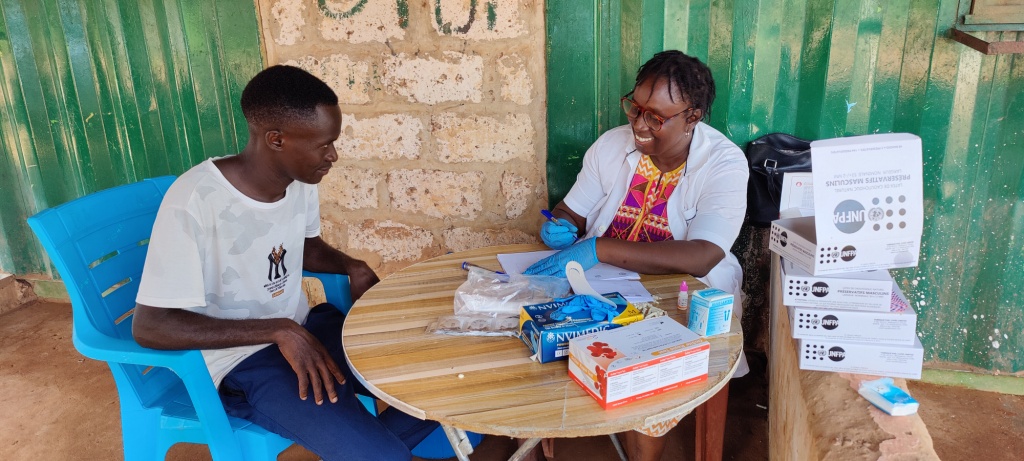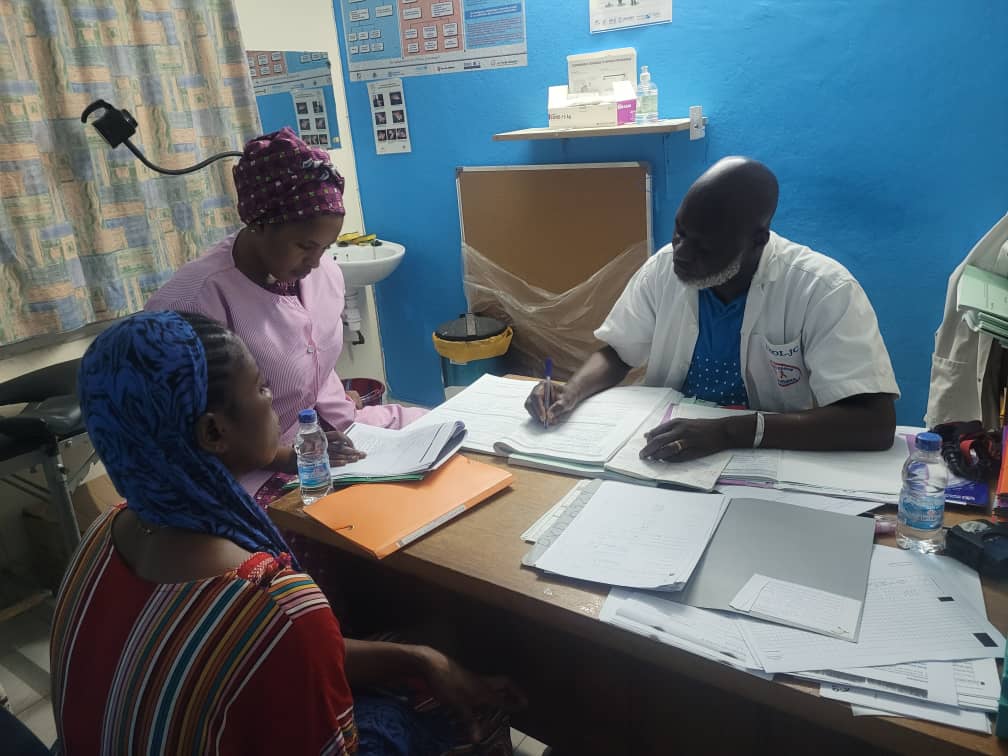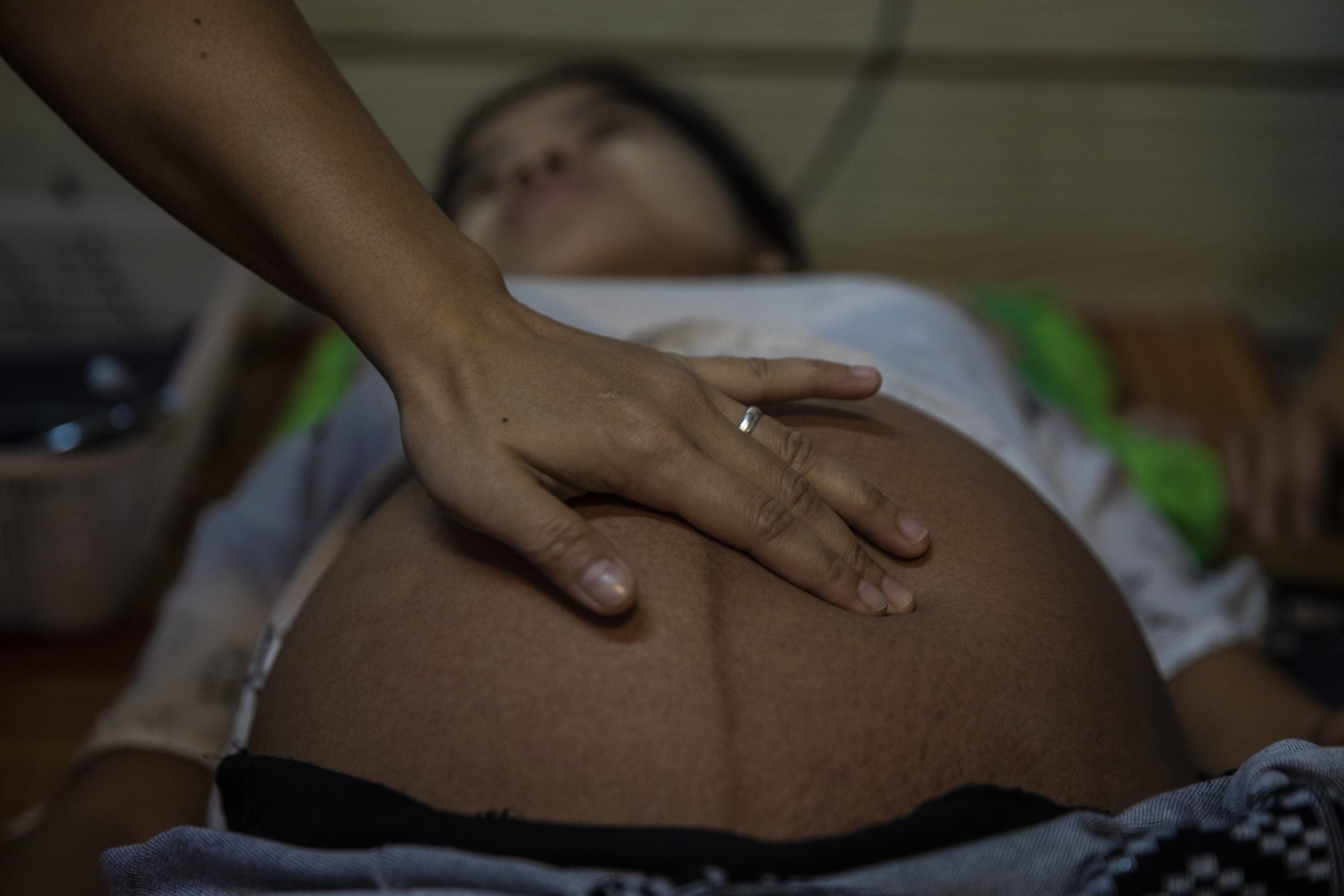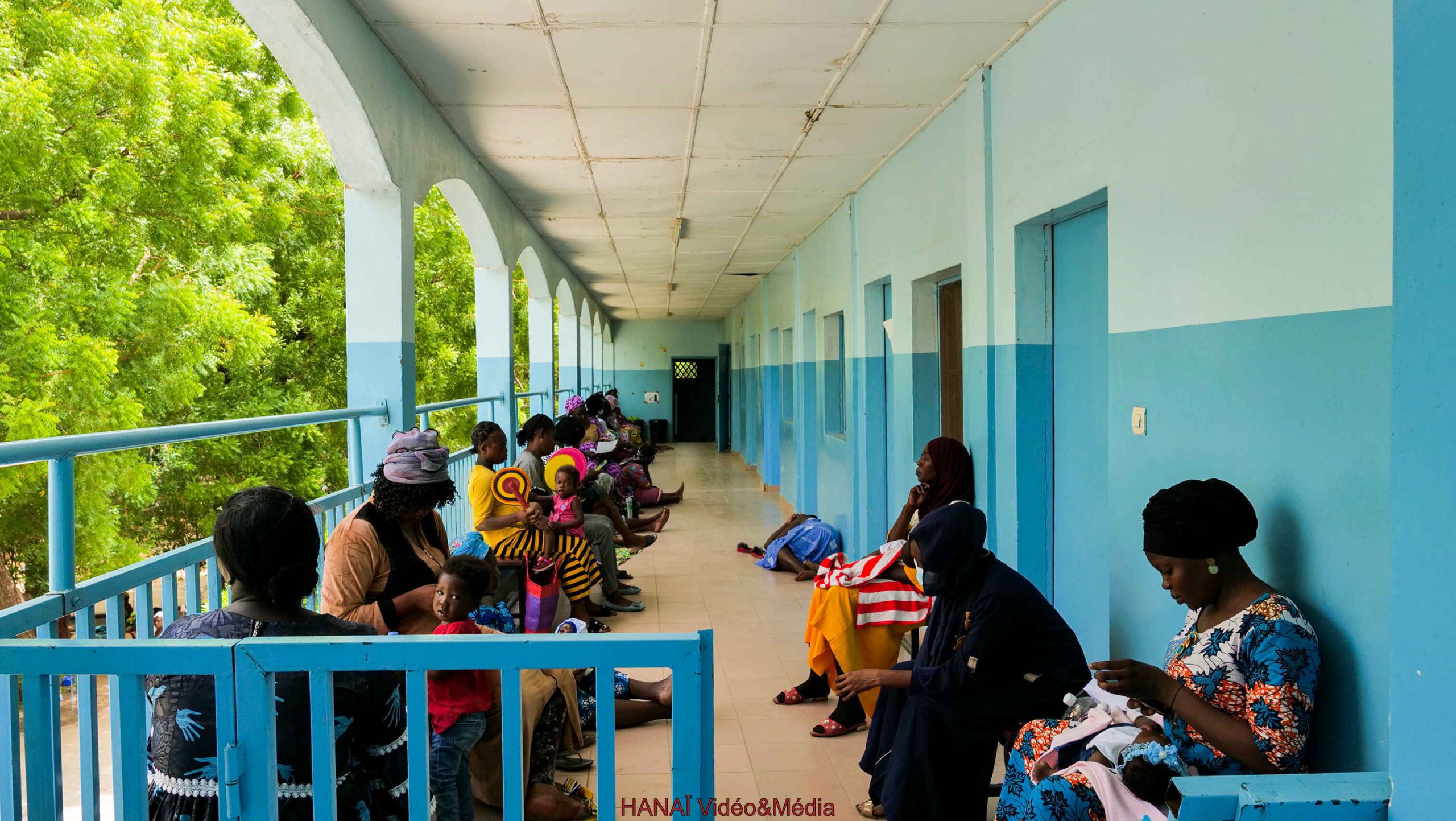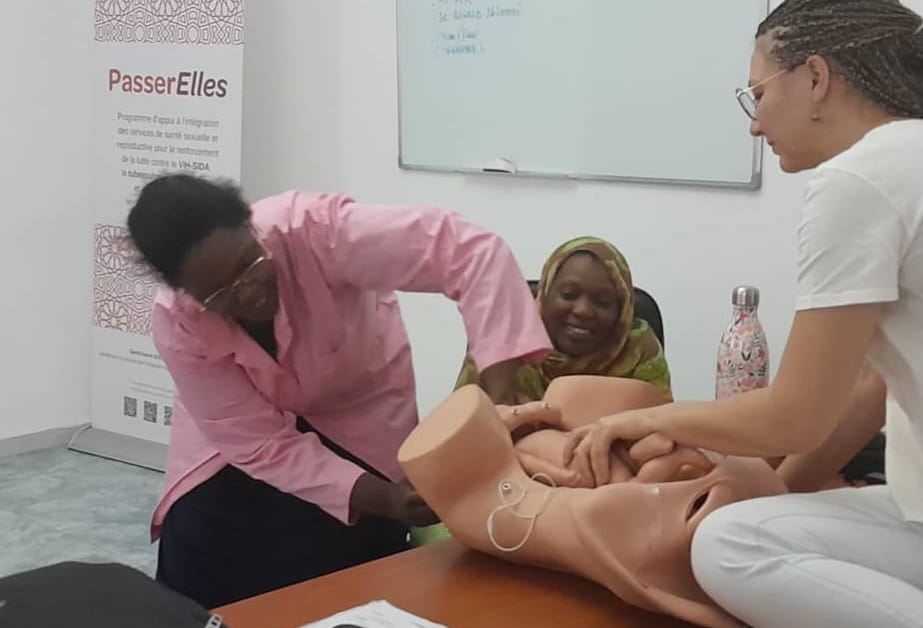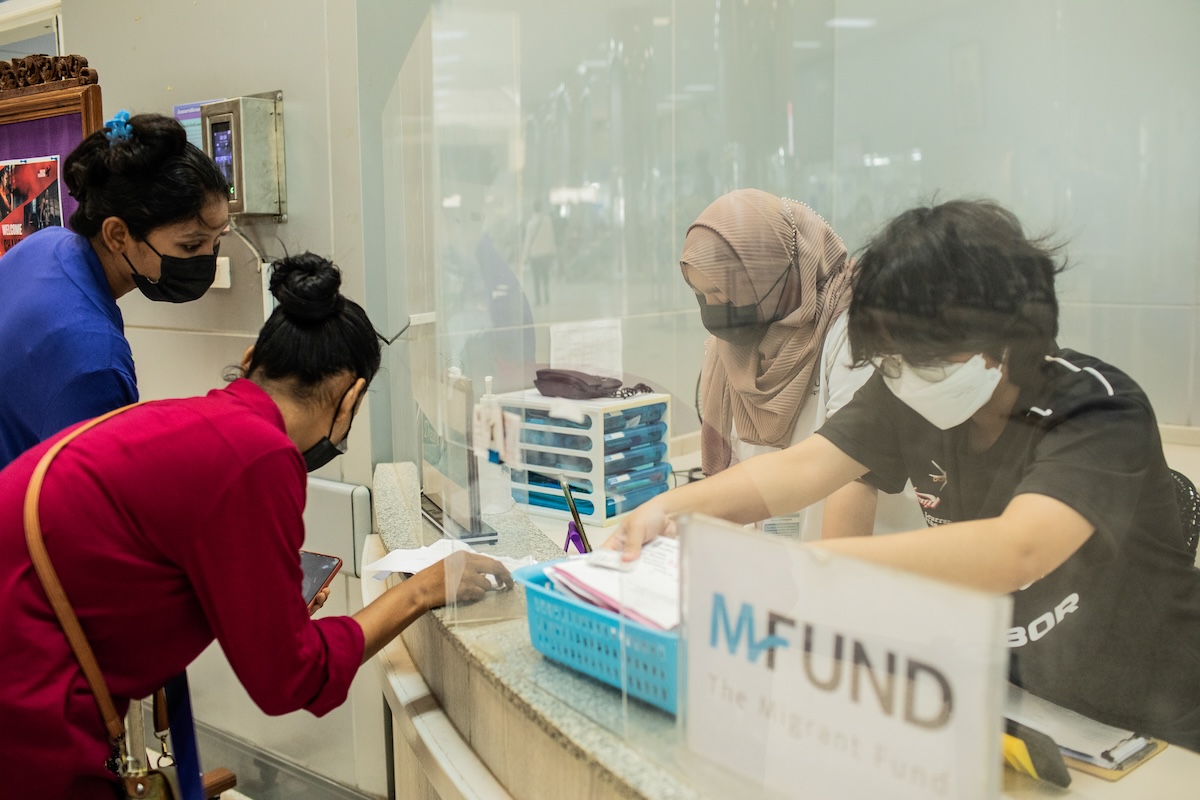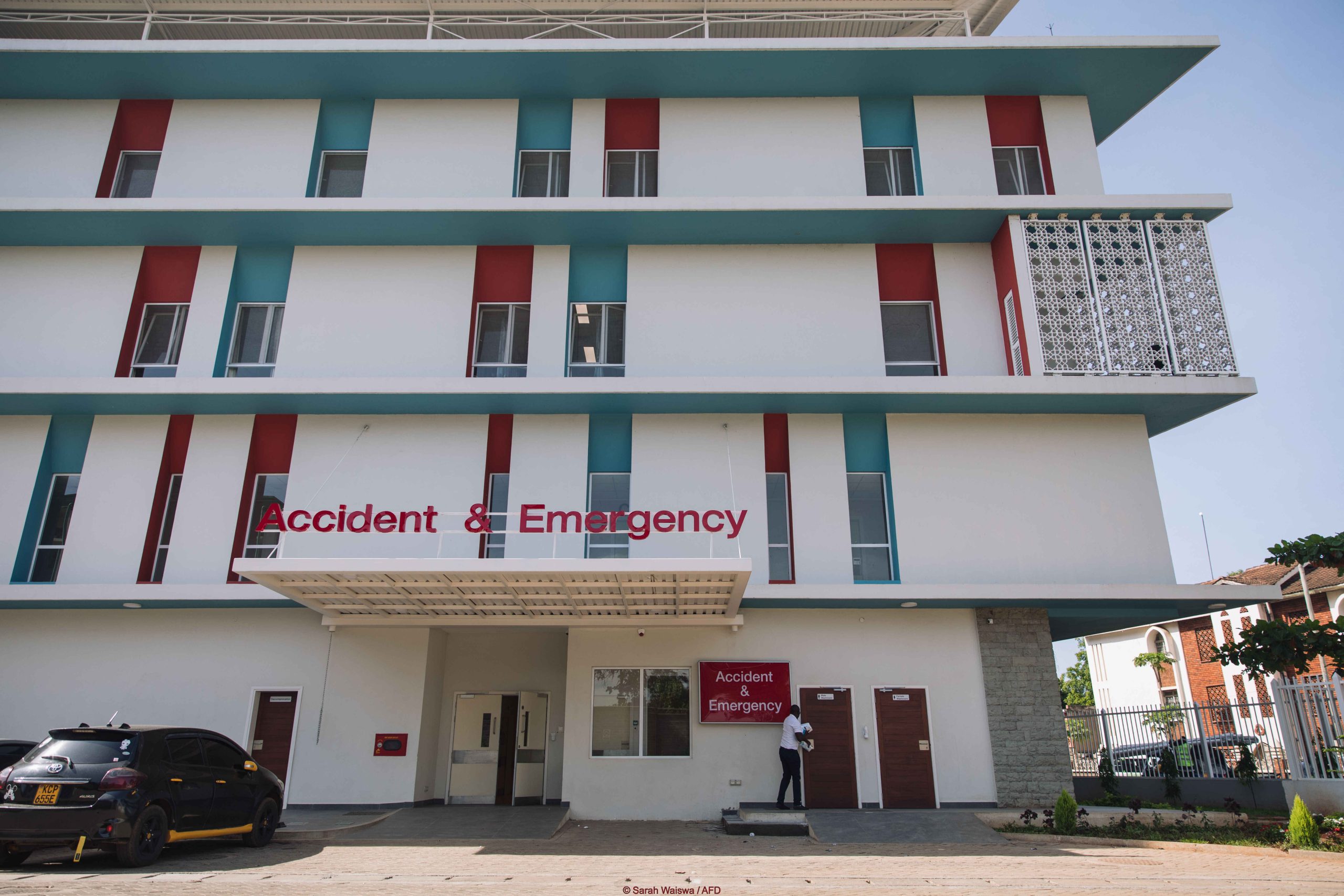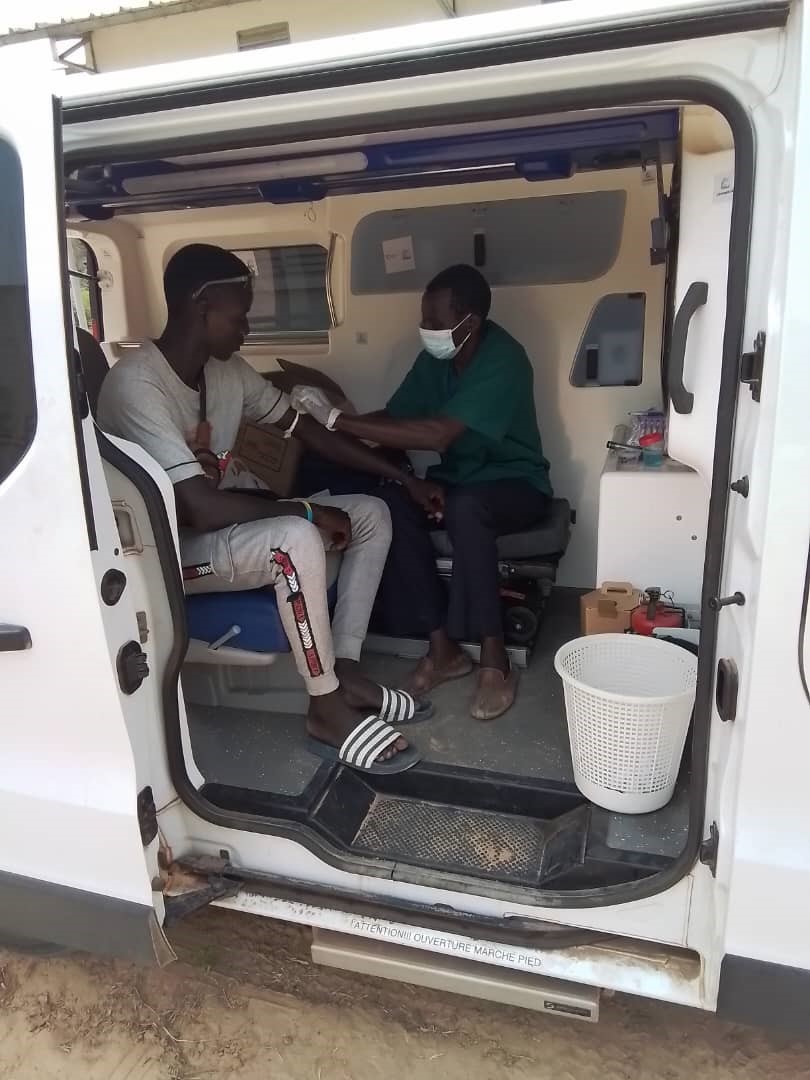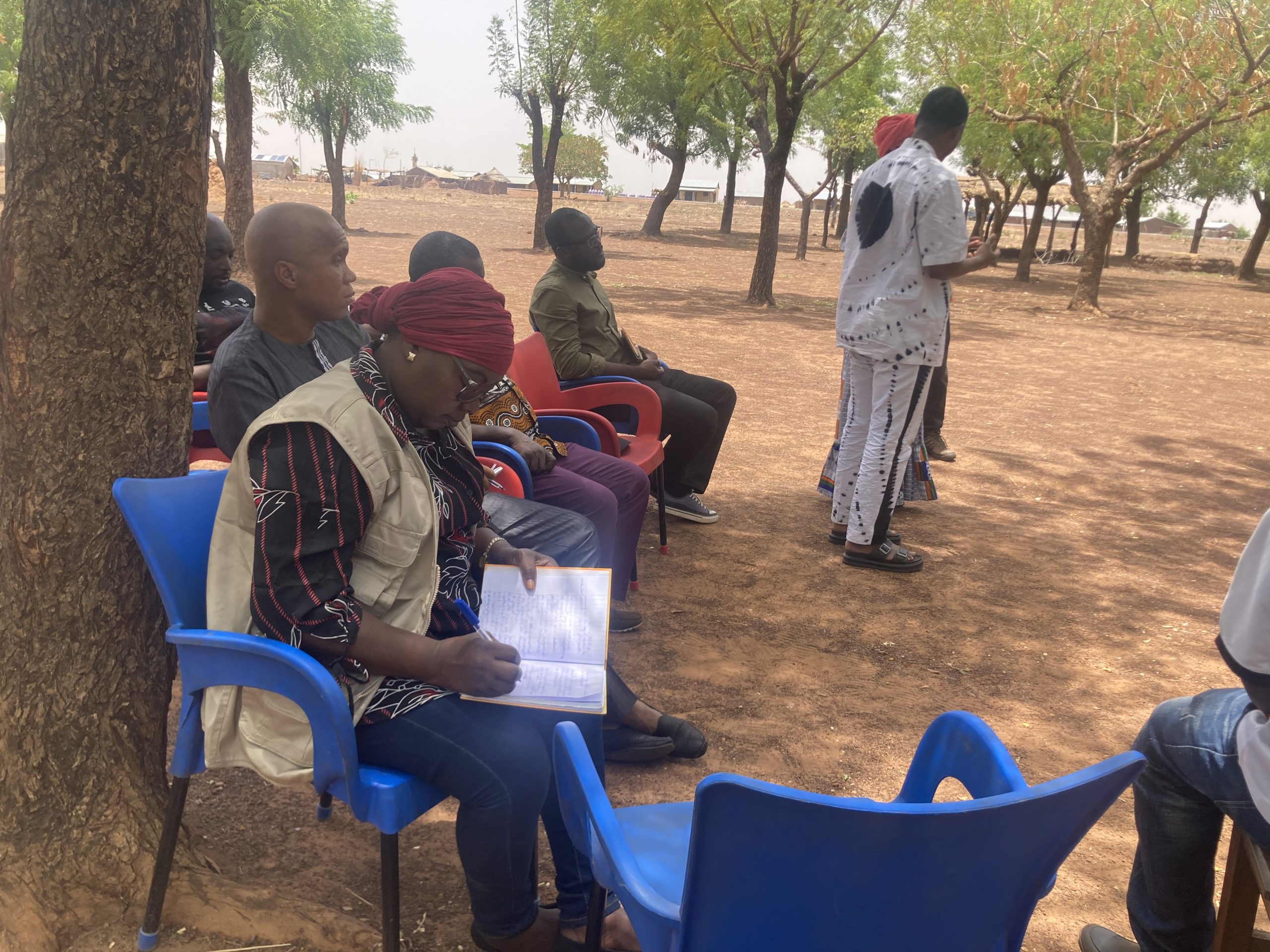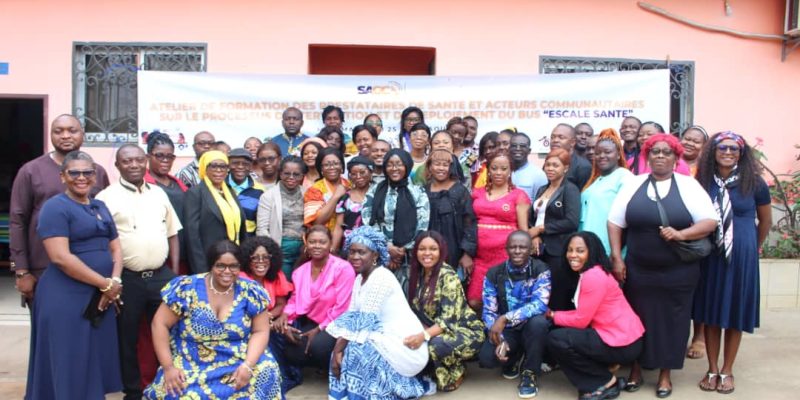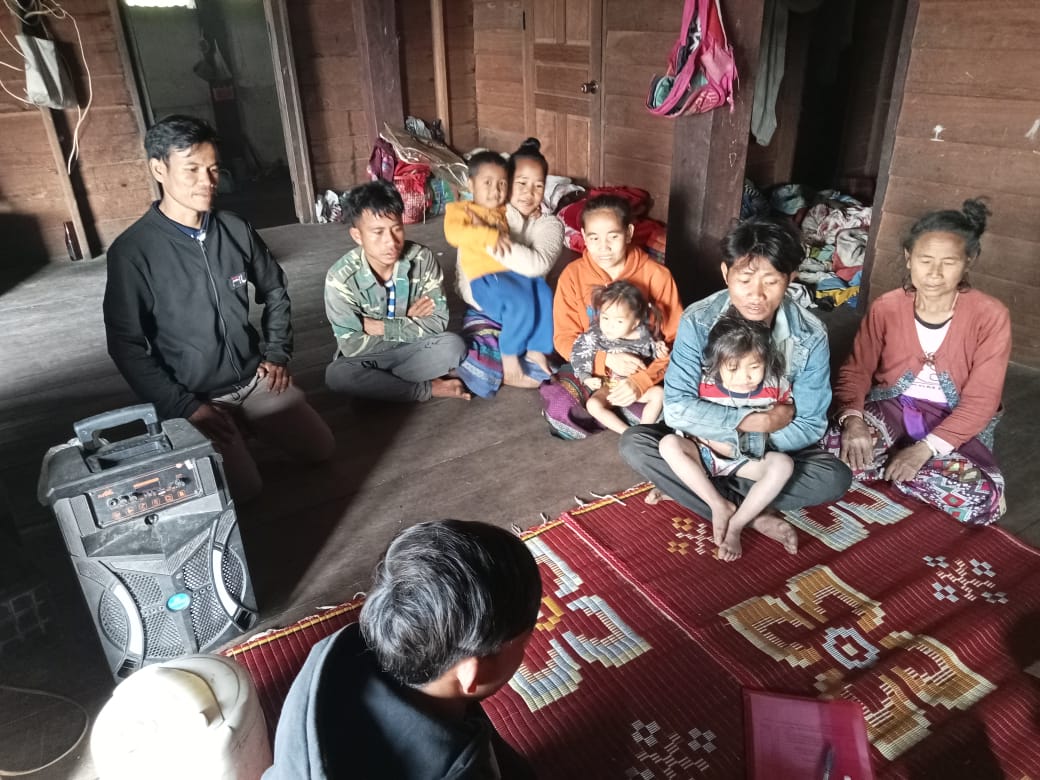SafeSpace aims at accelerating the fight against sexually transmitted infections (STIs), HIV, viral hepatitis (VH), tuberculosis (TB), and malaria, through strengthening the capacities and role of health community-based organizations (HCBO). The goal: better healthcare services among vulnerable and key populations offering combined prevention, early diagnosis and access to treatment and services by and for the community in Guinea-Bissau.
Context
Facing significant health challenges, Guinea-Bissau is a country with limited health resources. It confronts high rates of STIs, HIV, VH, TB, malaria and gender-based issues. The SafeSpace-Point-of-Care Community Hubs project, led by Development Aid of People to People Guinea-Bissau (ADPP-GB) and its partners, aims to address these concerns by providing tailored community-based health services. This initiative targets the country’s fragile health system and aims to support vulnerable groups, especially women affected by poverty, social inequality, and harmful practices, offering a comprehensive approach to health and well-being.
Description
The SafeSpace project intends to establish safespace community hubs across the health regions of the Autonomous Sector of Bissau, Gabú, Bafatá, Tombali, Oio, and Farim, regions identified for their high prevalence of health issues. These hubs are designed to be points of care that provide combined prevention, early diagnosis, access to treatment and services tailored to the community’s needs. By integrating a participatory methodology that mobilizes community ownership, the project seeks to address the gamut of health challenges through a gender-sensitive approach that prioritizes the empowerment of women and other vulnerable groups.
Impact
The impact of the SafeSpace project is expected to be transformative, offering a scalable model for community-driven health interventions in Guinea-Bissau and beyond. By improving access to quality healthcare services for vulnerable and key populations, the project aims to significantly reduce the prevalence rates of STIs, HIV, VH, TB, and malaria by promoting a strong community response to health, while also addressing the root causes of gender-based vulnerabilities. The establishment of community health hubs will not only facilitate early diagnosis and linkage to treatment but also foster an environment where gender equity is promoted, and harmful practices are fought. Furthermore, the project’s emphasis on capacity building and the development of evidence-based responses will ensure sustainability and informed decision-making, paving the way for a healthier and more equitable Guinea-Bissau.
